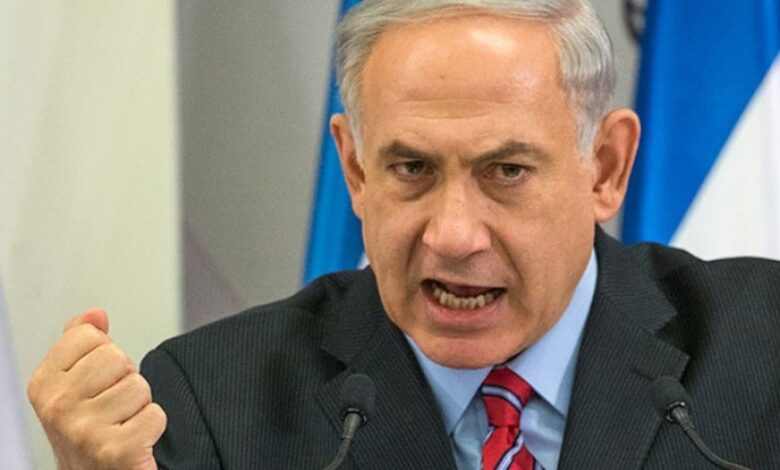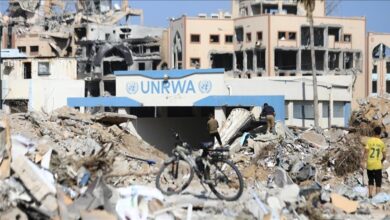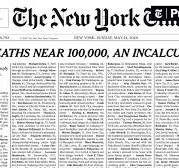Netanyahu’s Strategic Plan to Invade Rafah

Title: Netanyahu’s Strategic Plan to Invade Rafah
Introduction:
In the volatile landscape of Middle Eastern geopolitics, Israeli occupation Prime Minister Benjamin Netanyahu’s proposed plan to invade Rafah, a city in the Gaza Strip, raises significant questions about its underlying motives and potential ramifications. Netanyahu, a polarizing figure in Israeli politics, has long been associated with a hawkish stance towards Gaza and its ruling authority, Hamas. Understanding the motivations behind such a military maneuver requires a nuanced analysis of Netanyahu’s political agenda, his relationship with the United States, and the broader context of the Israeli-Palestinian conflict.
Blackmailing the US Administration:
Netanyahu’s relationship with the United States, particularly during the administrations of Presidents Trump and Biden, has been complex and multifaceted. Historically, Israeli occupation has relied heavily on the support of the US, both diplomatically and militarily. However, Netanyahu’s plan to invade Rafah could be interpreted as an attempt to exert pressure on the US administration, either to secure additional military aid or to influence its policies towards the Israeli-Palestinian conflict.
By threatening military action in Gaza, Netanyahu may seek to demonstrate Israel’s resolve and willingness to take matters into its own hands if it perceives the US as not sufficiently aligned with its interests. Moreover, the timing of such a maneuver could be strategically chosen to coincide with key diplomatic negotiations or decisions concerning Israeli occupation, thereby leveraging the threat of military escalation as a bargaining chip in its dealings with the US.
Lengthening His Round on Government:
Netanyahu’s political career has been characterized by its longevity and resilience, despite facing numerous challenges and controversies. As the longest-serving prime minister in Israeli history, Netanyahu has mastered the art of coalition politics and navigating the intricacies of Israel’s parliamentary system. However, his grip on power has become increasingly tenuous in recent years, with repeated elections and coalition negotiations often resulting in deadlock.
In this context, the proposed plan to invade Rafah could be viewed as a calculated move to bolster Netanyahu’s image as a strong and decisive leader, particularly among his right-wing base. By projecting a tough stance on security issues, Netanyahu may seek to rally support and consolidate his position within the Israeli political landscape. Moreover, a military incursion into Gaza could serve as a distraction from domestic challenges or corruption allegations facing his government, thereby prolonging his tenure in office.
Continuing His War Against Gaza for Claimed Aims:
Netanyahu’s government has pursued a relentless campaign against Hamas and other groups in Gaza, citing security concerns and the protection of Israeli citizens as its primary objectives. The blockade of Gaza, imposed by Israel since Hamas took control in 2007, has led to widespread humanitarian suffering and economic hardship for its residents. However, Netanyahu has justified such measures as necessary to prevent attacks and preserve Israel’s security.
The plan to invade Rafah must be understood within the broader context of Israel’s military strategy towards Gaza. Netanyahu’s government has consistently employed a combination of military force, targeted assassinations, and economic pressure to weaken Hamas and deter its aggression. However, critics argue that such tactics have only exacerbated tensions and perpetuated the cycle of violence, without addressing the root causes of the conflict.
Conclusion:
In conclusion, Israeli occupation Prime Minister Benjamin Netanyahu’s plan to invade Rafah represents a complex interplay of political, strategic, and ideological factors. While it may be driven by a combination of motives, including pressure on the US administration, domestic political considerations, and security imperatives, the potential consequences of such a military escalation are profound. Any decision to resort to military force must be weighed carefully against its human costs and the long-term prospects for stability in the region. Ultimately, a sustainable resolution to the Israeli-Palestinian conflict requires, just steps and a commitment to addressing the legitimate rights of Palestinians.
Discover more from Gaza Never
Subscribe to get the latest posts sent to your email.





